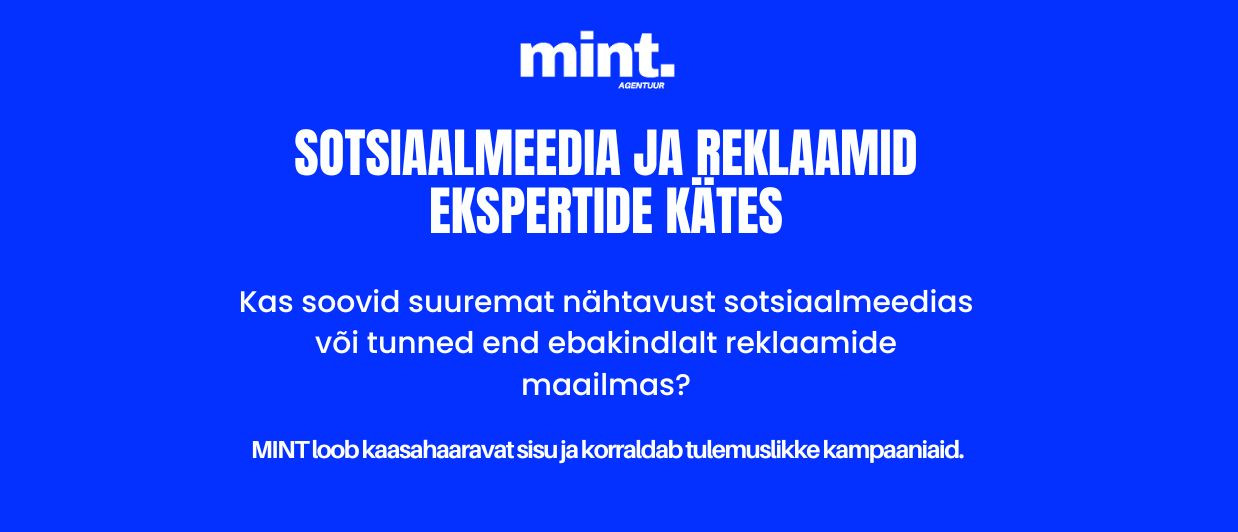The power of branding: building a memorable business
Branding is the art of shaping your brand. It's about creating a distinctive image and identity in the minds of consumers that differentiates your business from competitors. A strong brand communicates what your company does, how it does it, and at the same time, establishes trust and credibility. Branding is not just about a logo or a tagline; it's the entire experience your prospects and customers have with your company, product, or service.
Your brand is a foundational piece in your marketing communication and one you do not want to be without. Branding is strategic and marketing is tactical; the former leads to the latter. The power of branding lies in its ability to influence perception and buying decisions. It's the reason why a Coke is more than just a soda, and an iPhone is more than just a phone.
Elements of a Strong Brand
While a logo is an important aspect, it's just one component of a larger brand identity, which includes colors, typography, patterns, and any visual elements that represent the essence of your brand. Your brand identity should be applied consistently in all your marketing materials, from your website to your business cards, to ensure recognition and recall.
Your brand voice is the tone and personality you convey in your communications. It should be distinct and resonate with your target audience, reflecting the values and emotions that your brand embodies. Whether it's professional, friendly, witty, or inspiring, your brand voice is an integral part of your brand identity.
Consistency is key in branding. It helps reinforce your brand identity and aids in building trust with your audience. Every interaction with your brand should deliver the same message and brand experience, whether it's on your website, in your advertising, on social media, or in your physical store.
Strategies for Building a Memorable Brand
Knowing your audience is the first step in creating a brand that they can connect with. Understanding their needs, preferences, and pain points will guide your branding strategy and help you communicate in a way that resonates with them.
Your unique value proposition (UVP) is what makes your business stand out from the competition. It's a clear statement that describes the benefit of your offer, how you solve your customer's needs, and what distinguishes you from the rest.
Stories have the power to engage and connect with people on an emotional level. A compelling brand story is authentic, creative, and inspirational, and it communicates your brand's history, mission, and values. It's a powerful way to build a deep connection with your audience.
Social proof, such as customer testimonials, reviews, and case studies, can significantly enhance your brand's credibility and trustworthiness. Sharing these elements can influence potential customers and lead to increased sales and brand loyalty.
Maximizing Digital Presence for Brand Building
Search Engine Optimization (SEO) is crucial for ensuring that your brand is found online. By optimizing your website and content for search engines, you increase the chances of ranking higher in search results, leading to more exposure and recognition for your brand.
Content marketing is a strategic approach focused on creating and distributing valuable, relevant, and consistent content to attract and retain a clearly defined audience. It positions your brand as an authority in your field and keeps your audience engaged.
Social media platforms are excellent tools for building relationships with your audience. They allow you to interact directly with your customers, receive feedback, and create a community around your brand.
Email marketing allows for direct communication with your audience. It's a platform for delivering personalized messages and promotions that can lead to increased customer retention and loyalty.






Comments (0)